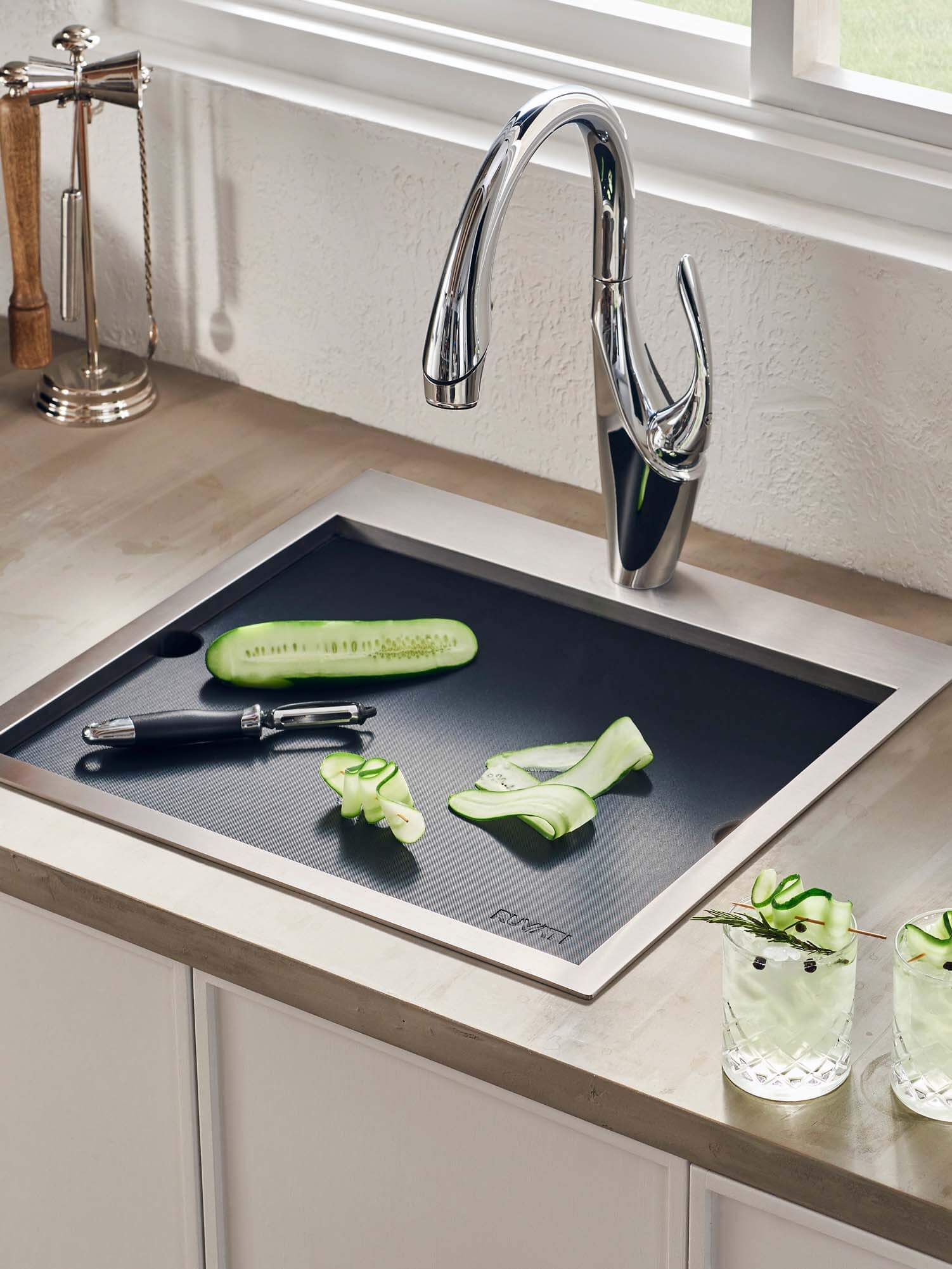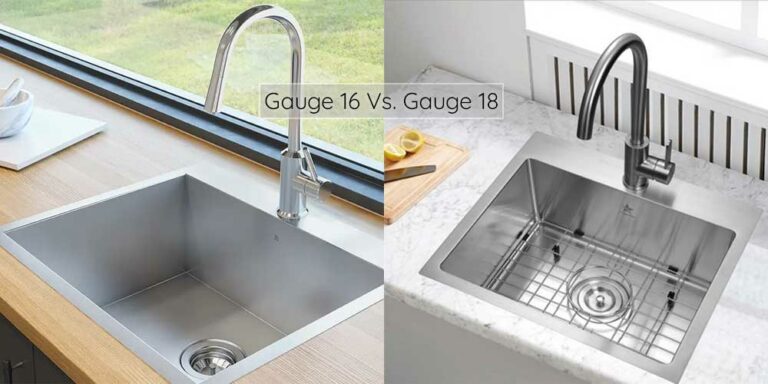When it comes to choosing a kitchen sink, one of the most important factors to consider is the gauge of the sink. The gauge refers to the thickness of the stainless steel used to make the sink. The lower the gauge number, the thicker the steel. This means that a 20 gauge sink is thinner than an 18 gauge sink. But how much of a difference does this really make? Let’s compare 20 gauge and 18 gauge kitchen sinks to find out.1. Gauge Comparison: 20 Gauge vs 18 Gauge Kitchen Sink
Choosing the right gauge for your kitchen sink can be a daunting task. You want to make sure you are getting a durable and long-lasting sink, but you also don’t want to overspend on a thicker gauge than you really need. This is where understanding the differences between 20 gauge and 18 gauge sinks comes in handy.2. Choosing the Right Gauge for Your Kitchen Sink
There are pros and cons to both 20 gauge and 18 gauge kitchen sinks. A 20 gauge sink is thinner and therefore, lighter and more affordable. It is also easier to work with and install due to its lighter weight. However, it may be more prone to dents and scratches due to its thinner gauge. On the other hand, an 18 gauge sink is thicker and more durable, making it less likely to dent or scratch. However, it may also come with a higher price tag and be more difficult to install due to its weight.3. Pros and Cons of 20 Gauge and 18 Gauge Kitchen Sinks
The main difference between 20 gauge and 18 gauge kitchen sinks is their thickness. As mentioned earlier, the lower the gauge number, the thicker the steel. This means that a 20 gauge sink is 0.0375 inches thick, while an 18 gauge sink is 0.05 inches thick. While this may not seem like a significant difference, it can have an impact on the sink’s durability and price.4. What is the Difference Between 20 Gauge and 18 Gauge Kitchen Sinks?
When it comes to stainless steel kitchen sinks, the gauge is not the only factor to consider. The quality of the stainless steel used also plays a role in the sink’s durability and performance. A higher quality stainless steel, such as 304 grade, is less likely to dent or scratch, regardless of the gauge. However, between a 20 gauge and 18 gauge sink made from the same grade of stainless steel, the 18 gauge sink would likely be more durable.5. 20 Gauge vs 18 Gauge Stainless Steel Kitchen Sinks: Which is Better?
As mentioned earlier, the thickness of the steel can affect a sink’s durability. While both 20 gauge and 18 gauge sinks can be made from high-quality stainless steel, the 18 gauge sink will be thicker and therefore, more durable. This means it will be less likely to dent or scratch, making it a better option for high-traffic kitchens or households with young children.6. Comparing the Durability of 20 Gauge and 18 Gauge Kitchen Sinks
One of the biggest differences between 20 gauge and 18 gauge kitchen sinks is their price. 20 gauge sinks are generally more affordable than 18 gauge sinks due to their thinner steel. This makes them a popular choice for budget-friendly kitchen renovations. However, it’s important to keep in mind that a cheaper sink may not always be the best option in the long run, as it may need to be replaced sooner than a more durable sink.7. 20 Gauge vs 18 Gauge Kitchen Sinks: Which is More Affordable?
Before making a decision on which gauge to choose for your kitchen sink, it’s important to understand the gauge measurement. As mentioned earlier, the gauge is the thickness of the steel used to make the sink. The lower the gauge number, the thicker the steel. It’s also worth noting that a lower gauge number does not always indicate higher quality. There are other factors, such as the grade of stainless steel, that also play a role in a sink’s durability and performance.8. Understanding the Gauge Measurement for Kitchen Sinks
When it comes to choosing the right gauge for your kitchen sink, there are a few things to consider. First, think about your budget and how much you are willing to spend on a sink. If you are on a tight budget, a 20 gauge sink may be a better option. However, if you want a sink that is more durable and long-lasting, an 18 gauge sink may be worth the extra cost. You should also consider the amount of use your sink will get and how much you prioritize durability.9. How to Choose the Right Gauge for Your Kitchen Sink
When it comes to popularity, 18 gauge kitchen sinks tend to be more popular than 20 gauge sinks. This is because they are thicker and more durable, making them a better option for busy kitchens. However, 20 gauge sinks are still a popular choice for those on a budget or for use in less busy kitchens. Ultimately, the popularity of each gauge comes down to personal preference and individual needs.10. 20 Gauge vs 18 Gauge Kitchen Sinks: Which is More Popular?
The Importance of Choosing the Right Gauge for Your Kitchen Sink
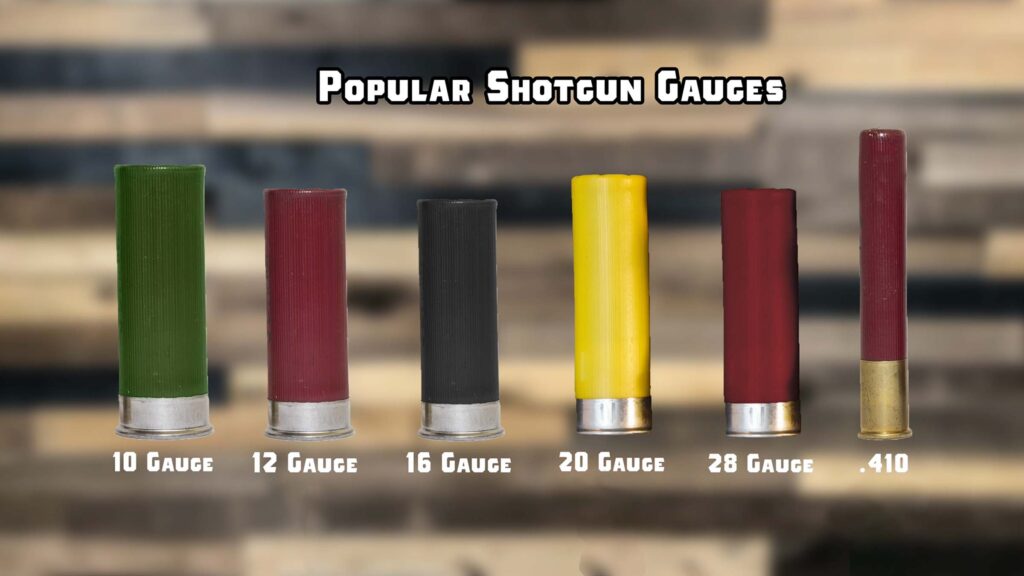
Understanding Gauge in Kitchen Sinks
 When it comes to choosing a kitchen sink, one of the most important factors to consider is the gauge. The gauge of a kitchen sink refers to its thickness and is measured in numbers, with the lower the number, the thicker the material. The two most common gauges for kitchen sinks are 20 and 18, and each has its own benefits and drawbacks.
When it comes to choosing a kitchen sink, one of the most important factors to consider is the gauge. The gauge of a kitchen sink refers to its thickness and is measured in numbers, with the lower the number, the thicker the material. The two most common gauges for kitchen sinks are 20 and 18, and each has its own benefits and drawbacks.
Comparing 20 Gauge and 18 Gauge Kitchen Sinks
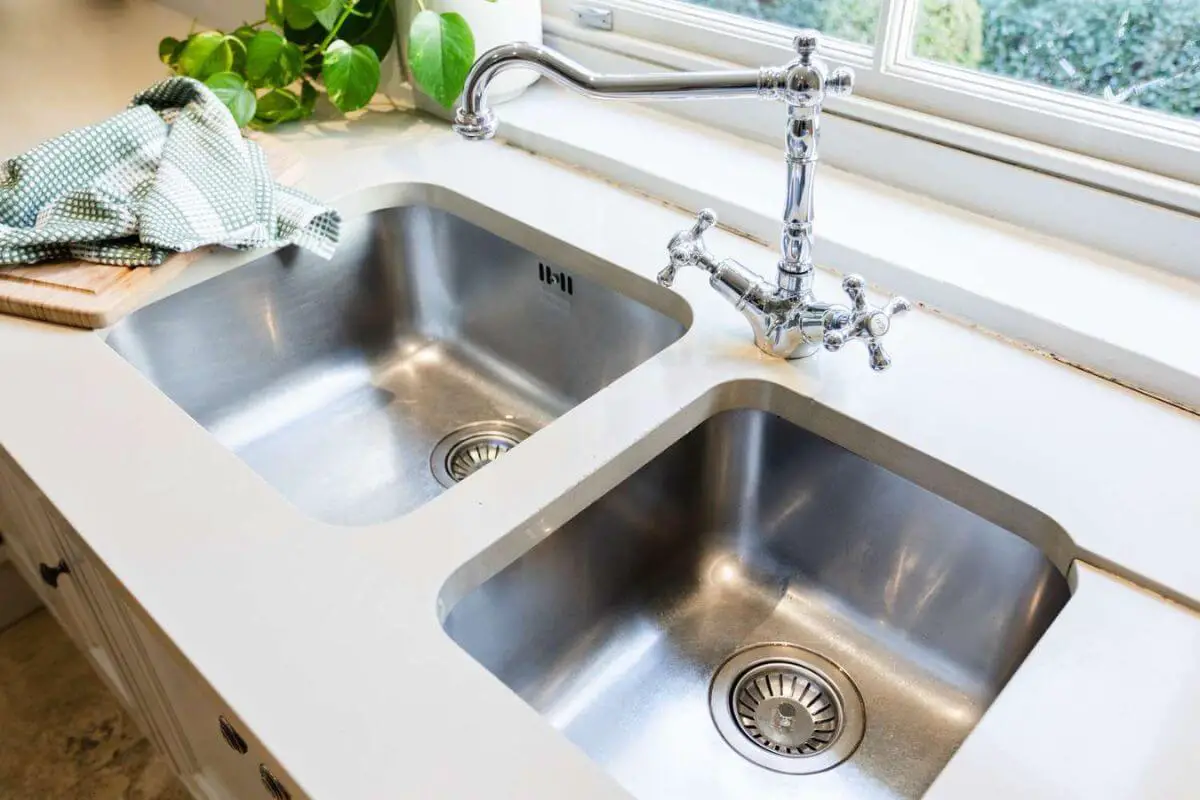 20 gauge
sinks are generally thinner and lighter, making them easier to install. They also tend to be less expensive, making them a popular choice for homeowners on a budget. However, the downside to a 20 gauge sink is that it is more prone to dents and scratches, which can be unsightly and difficult to repair.
On the other hand,
18 gauge
sinks are thicker and heavier, providing a more solid and durable feel. They are less likely to dent or scratch, making them a better option for high-traffic kitchens. However, with their thicker material comes a higher price tag, which may not be feasible for some homeowners.
20 gauge
sinks are generally thinner and lighter, making them easier to install. They also tend to be less expensive, making them a popular choice for homeowners on a budget. However, the downside to a 20 gauge sink is that it is more prone to dents and scratches, which can be unsightly and difficult to repair.
On the other hand,
18 gauge
sinks are thicker and heavier, providing a more solid and durable feel. They are less likely to dent or scratch, making them a better option for high-traffic kitchens. However, with their thicker material comes a higher price tag, which may not be feasible for some homeowners.
Determining the Right Gauge for Your Kitchen Sink
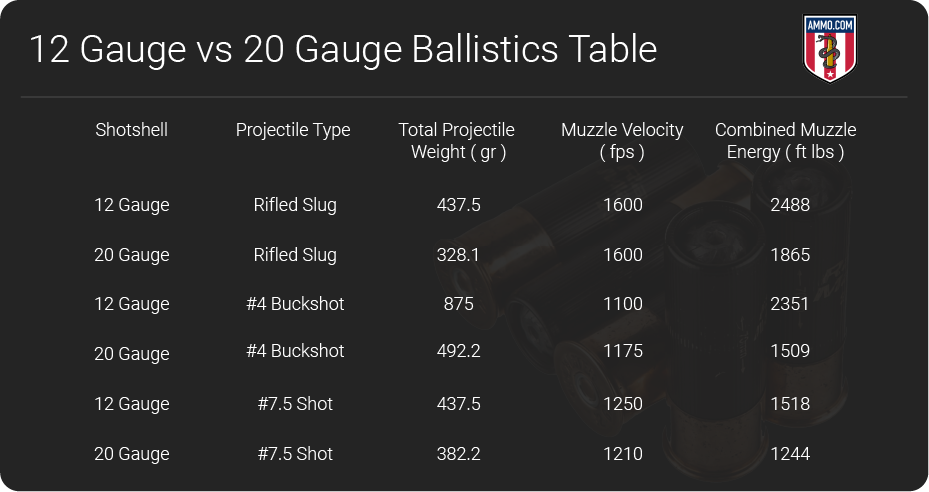 When it comes down to it, the decision between a 20 gauge and 18 gauge kitchen sink ultimately depends on your personal preferences and needs. If you are looking for a budget-friendly option and don't mind the potential for dents and scratches, a 20 gauge sink may be the right choice for you. However, if durability and longevity are your top priorities, investing in an 18 gauge sink may be worth it in the long run.
Regardless of which gauge you choose, it is important to also consider the material of the sink.
Stainless steel is a popular and versatile choice, while other options such as cast iron and granite composite offer their own unique benefits. It is important to do your research and choose a sink that not only fits your budget and aesthetic preferences, but also meets your functional needs.
When it comes down to it, the decision between a 20 gauge and 18 gauge kitchen sink ultimately depends on your personal preferences and needs. If you are looking for a budget-friendly option and don't mind the potential for dents and scratches, a 20 gauge sink may be the right choice for you. However, if durability and longevity are your top priorities, investing in an 18 gauge sink may be worth it in the long run.
Regardless of which gauge you choose, it is important to also consider the material of the sink.
Stainless steel is a popular and versatile choice, while other options such as cast iron and granite composite offer their own unique benefits. It is important to do your research and choose a sink that not only fits your budget and aesthetic preferences, but also meets your functional needs.
In Conclusion
 In conclusion, when it comes to choosing a kitchen sink, the gauge is an important factor to consider. Both 20 and 18 gauge sinks have their own pros and cons, and the decision ultimately comes down to your personal preferences and needs. With the right gauge and material, your kitchen sink can not only be a functional tool, but also a stylish addition to your home.
In conclusion, when it comes to choosing a kitchen sink, the gauge is an important factor to consider. Both 20 and 18 gauge sinks have their own pros and cons, and the decision ultimately comes down to your personal preferences and needs. With the right gauge and material, your kitchen sink can not only be a functional tool, but also a stylish addition to your home.




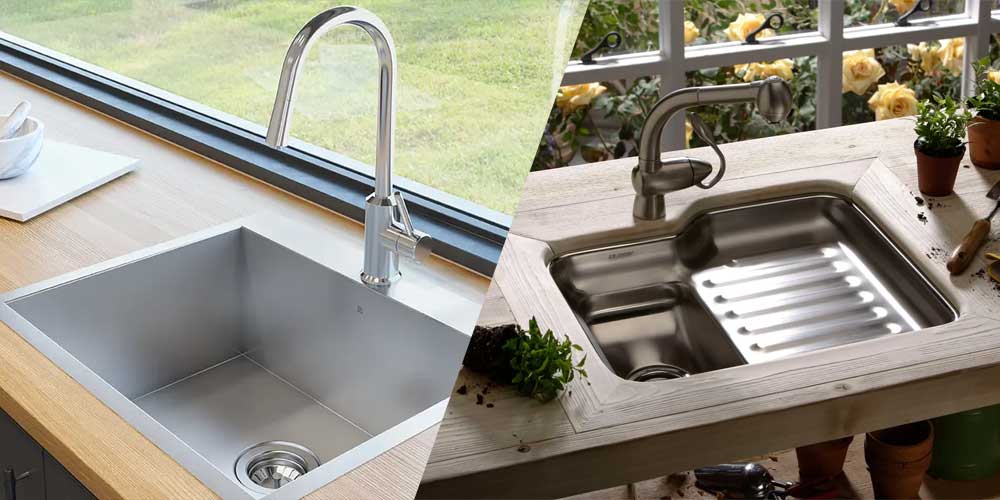
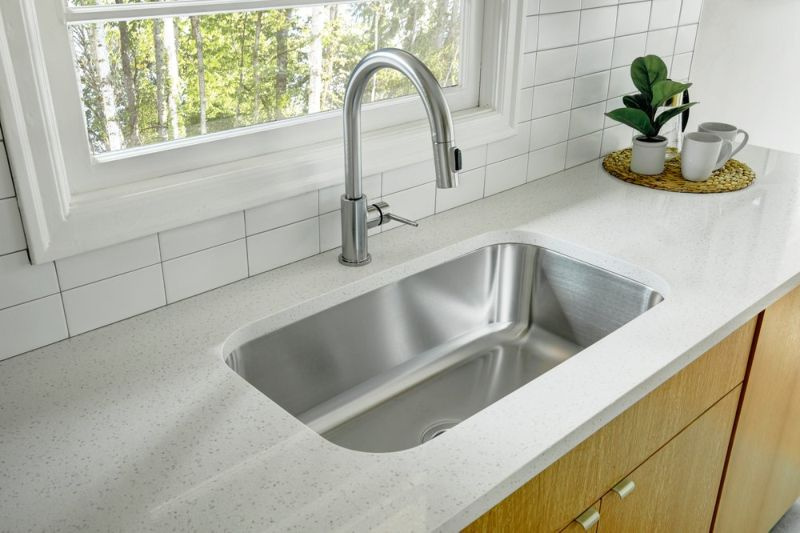



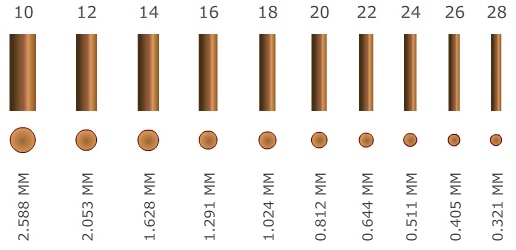
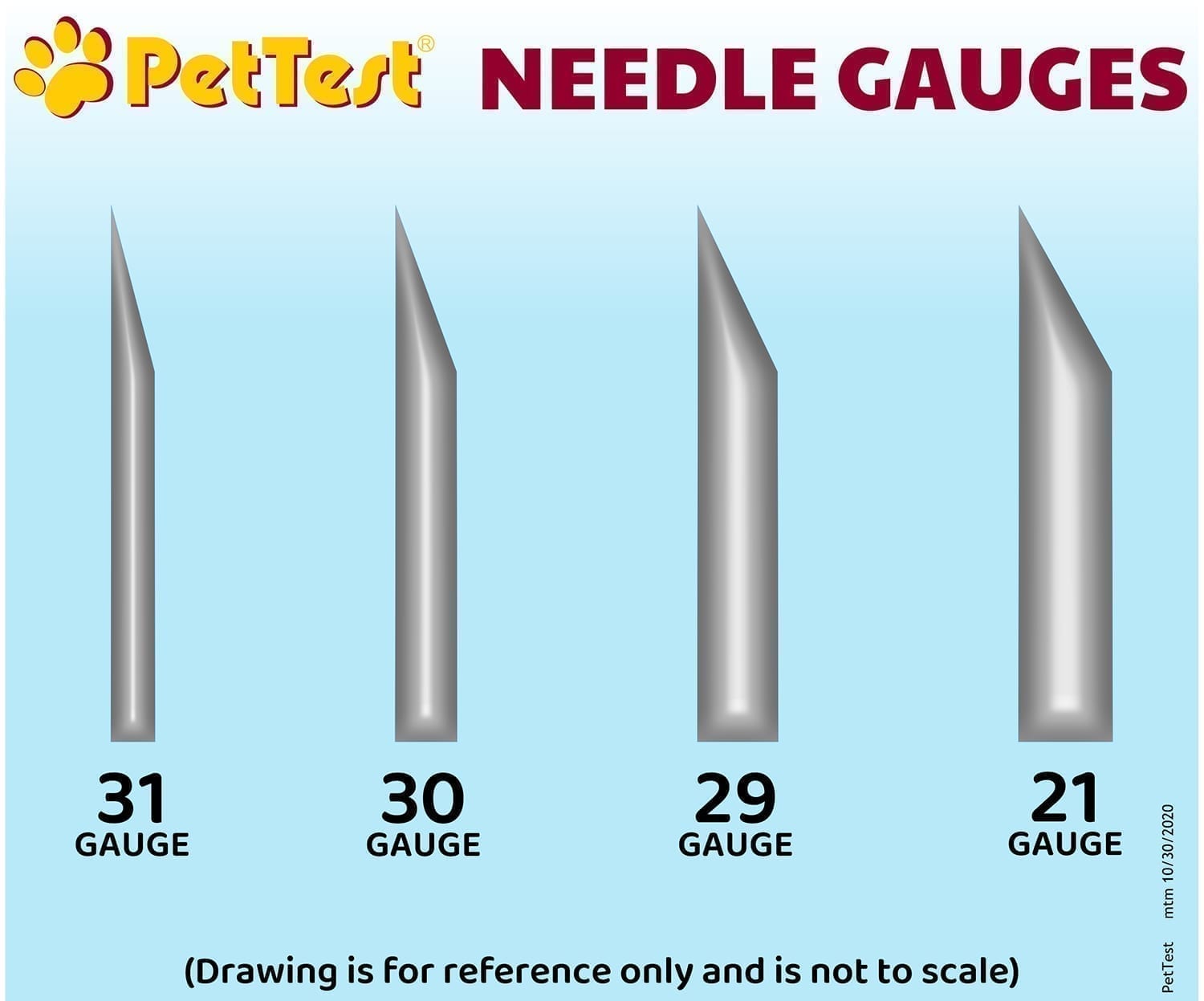












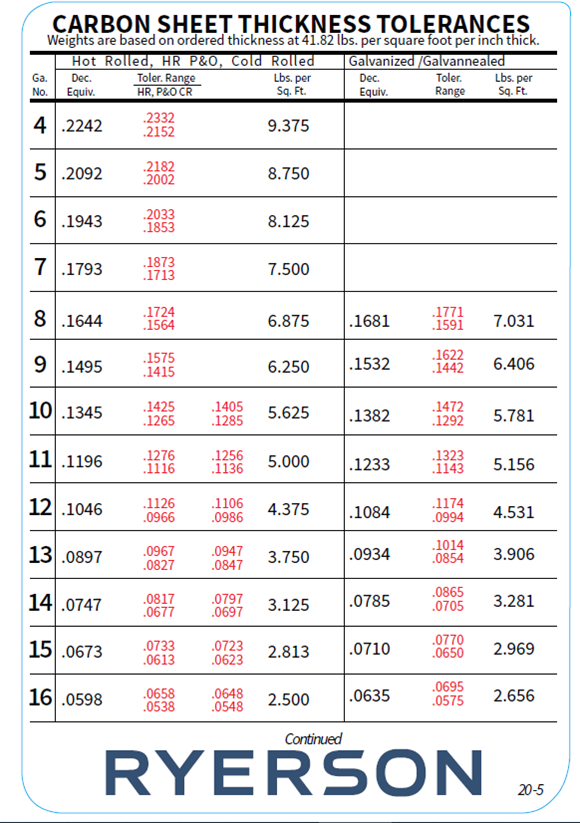
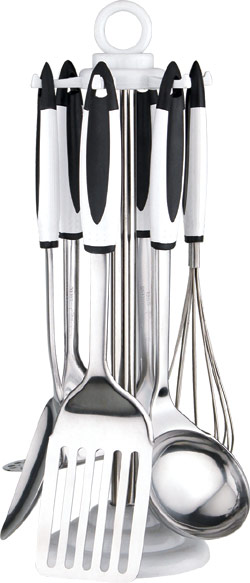




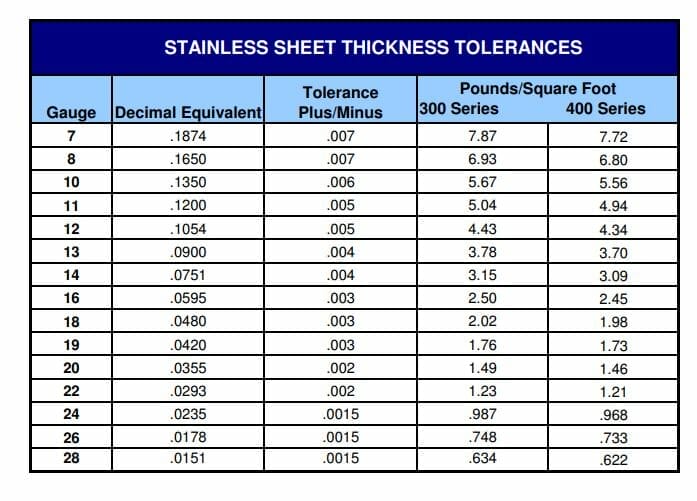








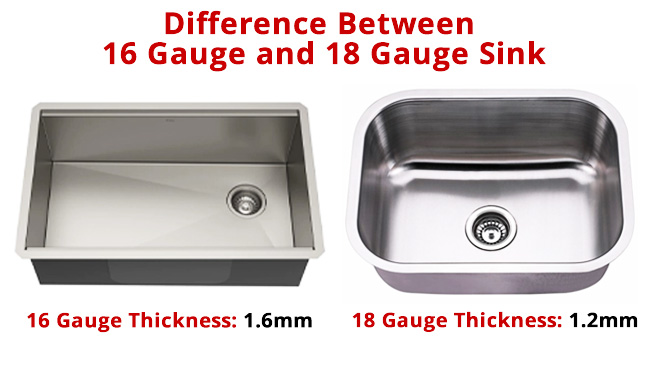




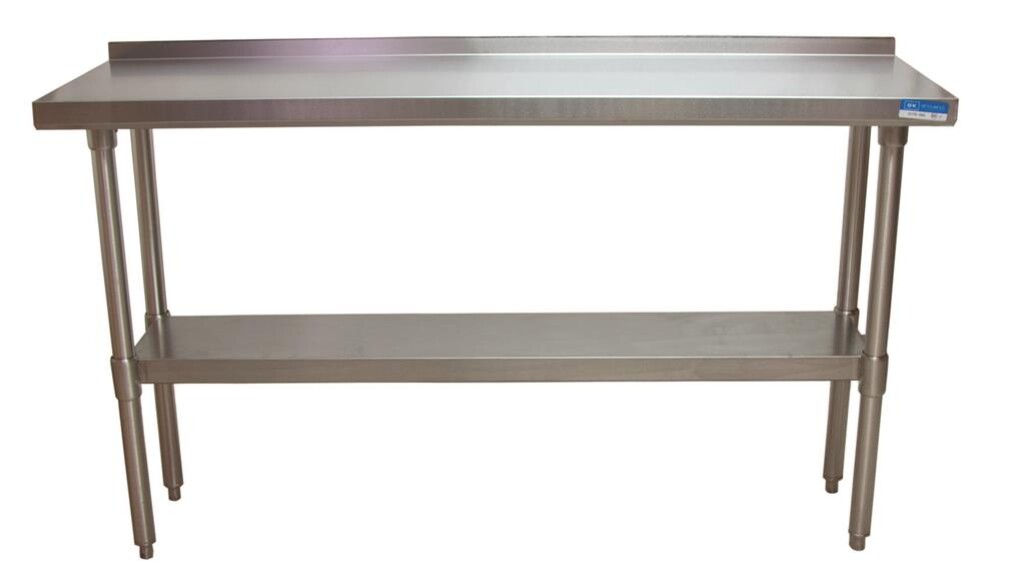

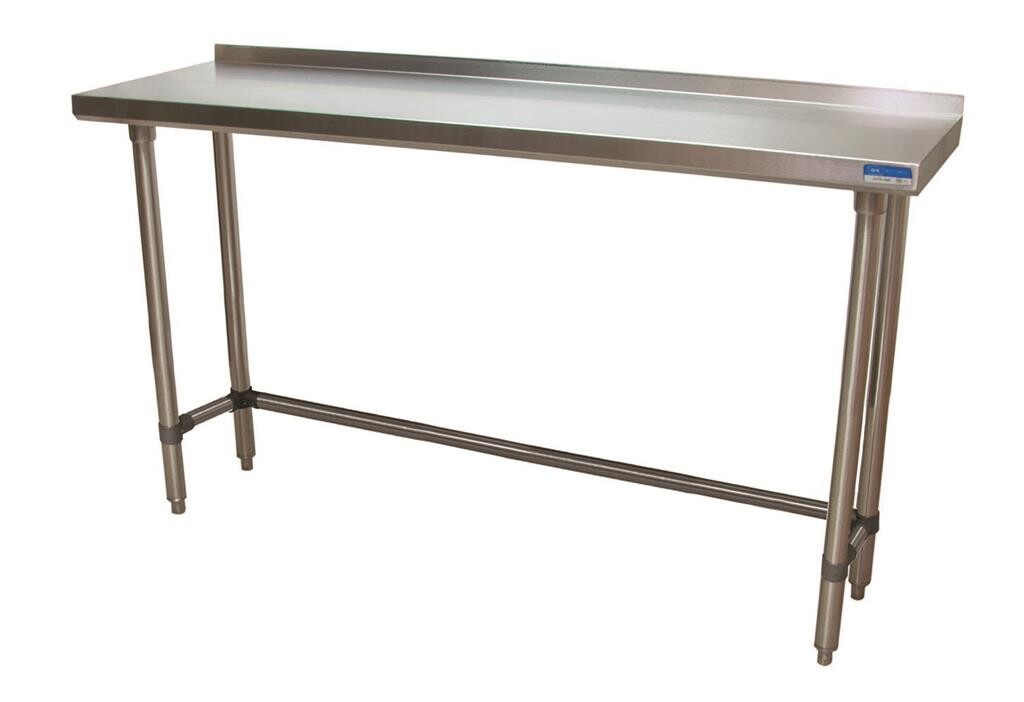
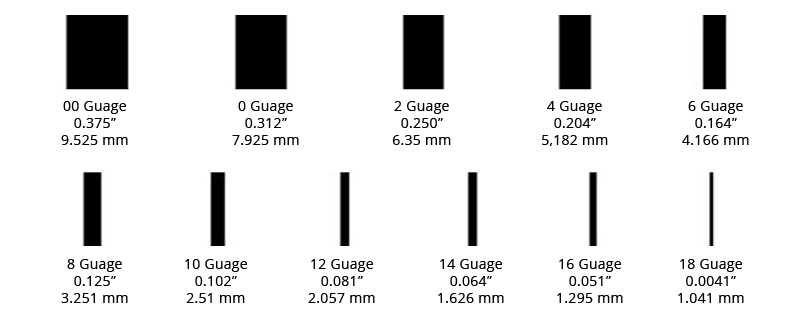






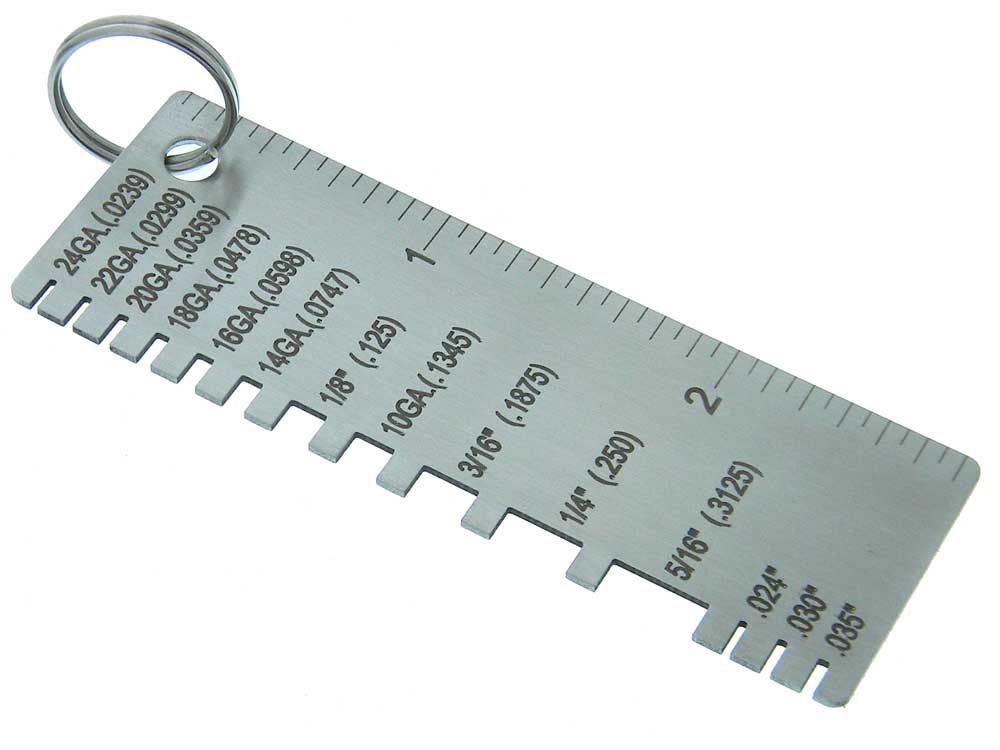





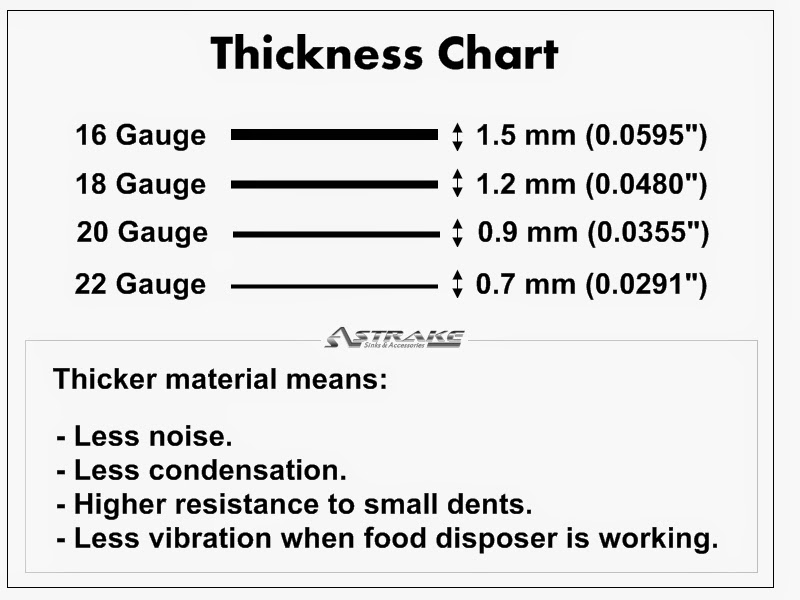


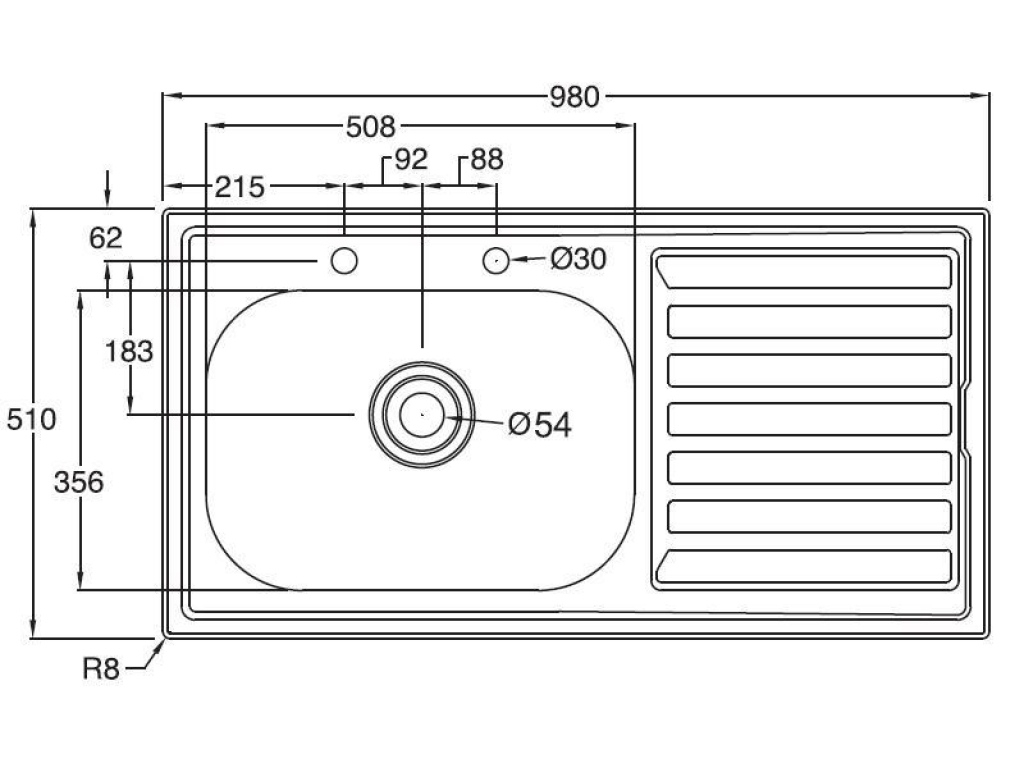



:max_bytes(150000):strip_icc()/Basic-kitchen-sink-types-1821207_color_rev-0b539306b9ef4236a136624ad2a89a4c.jpg)

